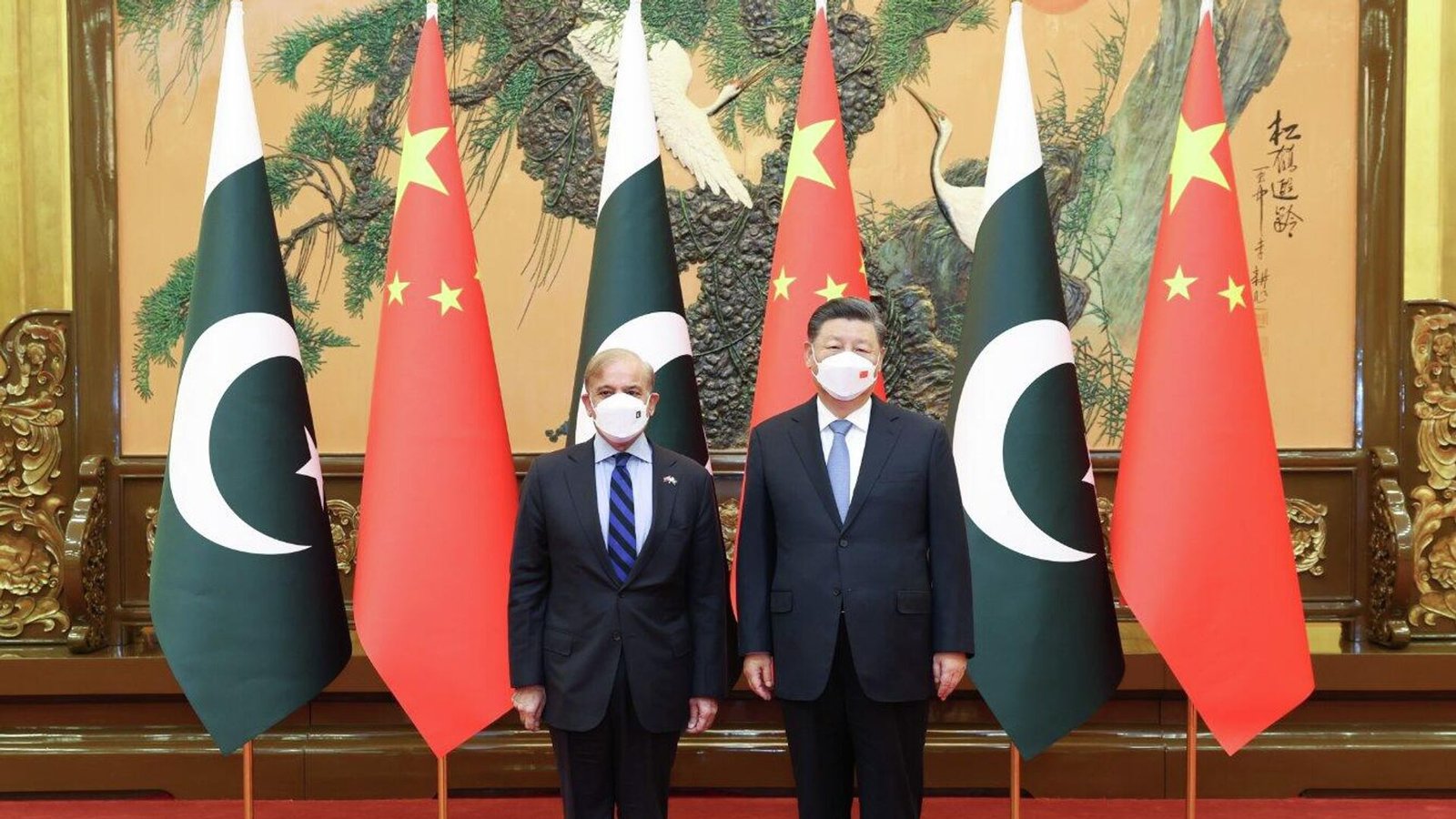Prime Minister Shehbaz Sharif highlighted the ongoing transformation of the deep-rooted friendship between Pakistan and China into stronger economic, trade, and investment ties. Speaking at a gathering of international business representatives, including those from China, in Karachi on Friday, the Prime Minister emphasized that the next phase of the China-Pakistan Economic Corridor (CPEC) will focus on business-to-business collaborations, particularly in the industrial sector.
Addressing an audience that included the Governor and Chief Minister of Sindh, federal ministers, prominent business leaders, and senior government officials, PM Shehbaz underscored the significance of this evolving partnership. He described Pakistan and China as “iron brothers,” noting that the time had come to translate this brotherhood into concrete economic and trade relationships, especially in key sectors such as agriculture, information technology, mining, minerals, and infrastructure.
Strengthening Pakistan’s Agricultural Sector
Given that Pakistan is an agrarian economy with over 60% of its population living in rural areas, PM Shehbaz stressed the importance of enhancing the country’s agricultural output. He pointed out that Pakistan’s agricultural exports increased by $3 billion in the last fiscal year, and the government has set an ambitious target to add another $7 billion in the current fiscal year. Achieving this goal, he said, would require significant efforts, the adoption of modern technology, and the implementation of best practices.
The Prime Minister expressed confidence that China could be a pivotal partner in this endeavor, particularly in boosting agricultural exports and adding value to them. Referring to his recent visit to China, PM Shehbaz shared his admiration for the technological advancements and educational infrastructure he witnessed in Chinese institutions. As a result, he announced plans to send 1,000 Pakistani students to China for advanced training in agriculture, a program that has been nearly finalized.
Expanding CPEC Through Business Collaboration
Encouraging Chinese businesses to explore cooperation opportunities with their Pakistani counterparts, the Prime Minister outlined that the next phase of CPEC will predominantly involve business-to-business arrangements and joint ventures. This phase will focus on industrial sectors, especially textiles and agricultural production, with the goal of exporting these products to global markets. He suggested that Pakistan and China could develop a joint mechanism for the production and export of such products, creating a mutually beneficial situation for both countries.
PM Shehbaz also remarked on the symbolic and strategic importance of the Pakistan-China relationship, describing it as “not only higher than mountains but now touching the skies,” alluding to the recent launch of a Pakistani satellite into space with Chinese assistance.
Moving Forward with Strategic Partnerships
This evolution of Pakistan-China relations into a more investment-driven and economically integrated partnership is seen as a critical step forward. With both nations keen to capitalize on their strategic alliance, the focus on sectors such as agriculture, technology, and industry signals a commitment to long-term, sustainable development.
The Prime Minister’s address served as both an invitation and a call to action for Chinese businesses to invest in Pakistan’s burgeoning sectors. The emphasis on business-to-business collaborations within the CPEC framework reflects a shift towards creating more direct and impactful economic ties between the two nations. As Pakistan continues to navigate its economic challenges, the deepening of economic relations with China is poised to play a significant role in the country’s future growth and stability.
